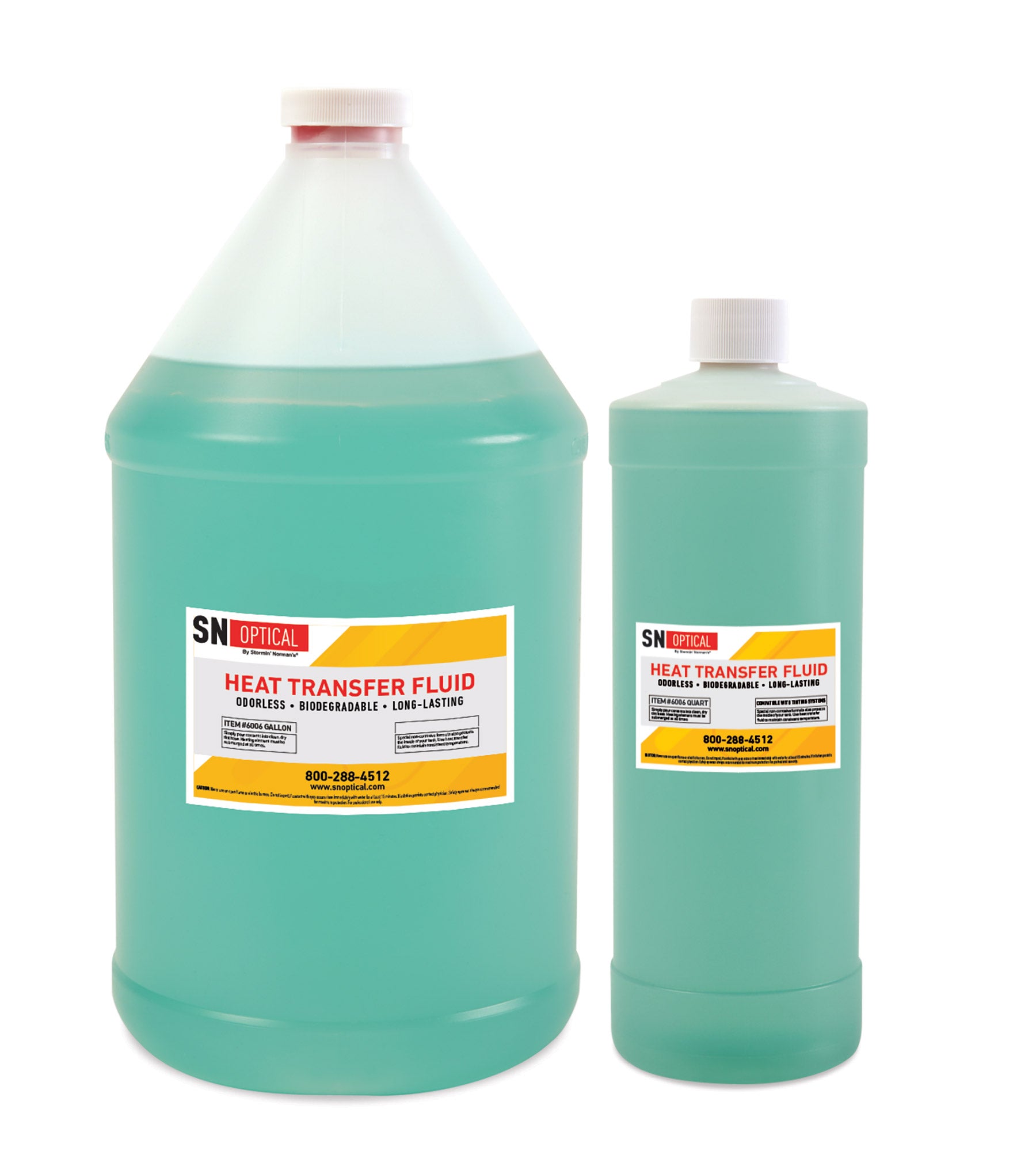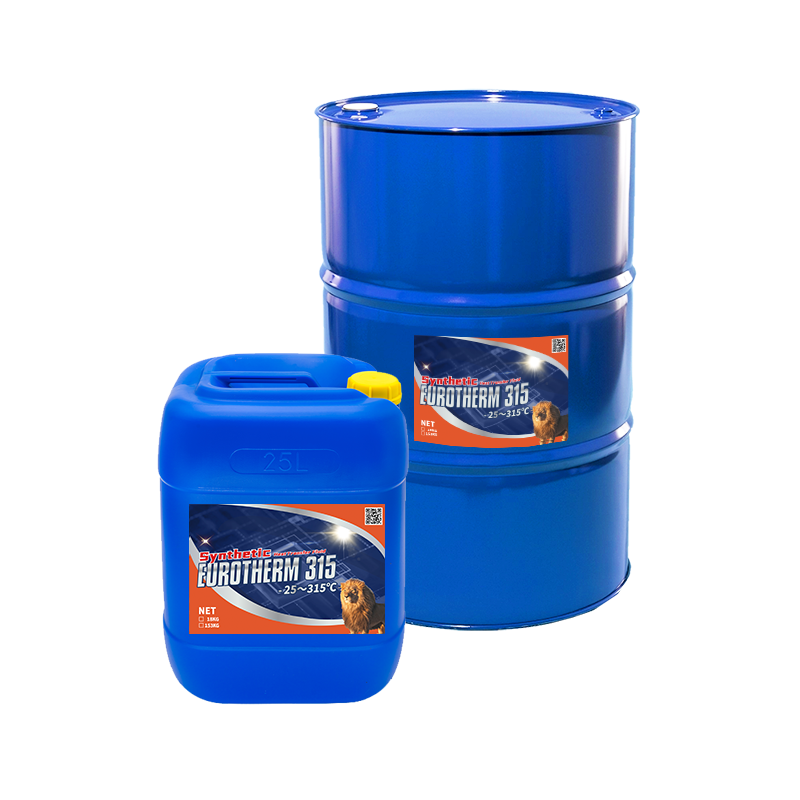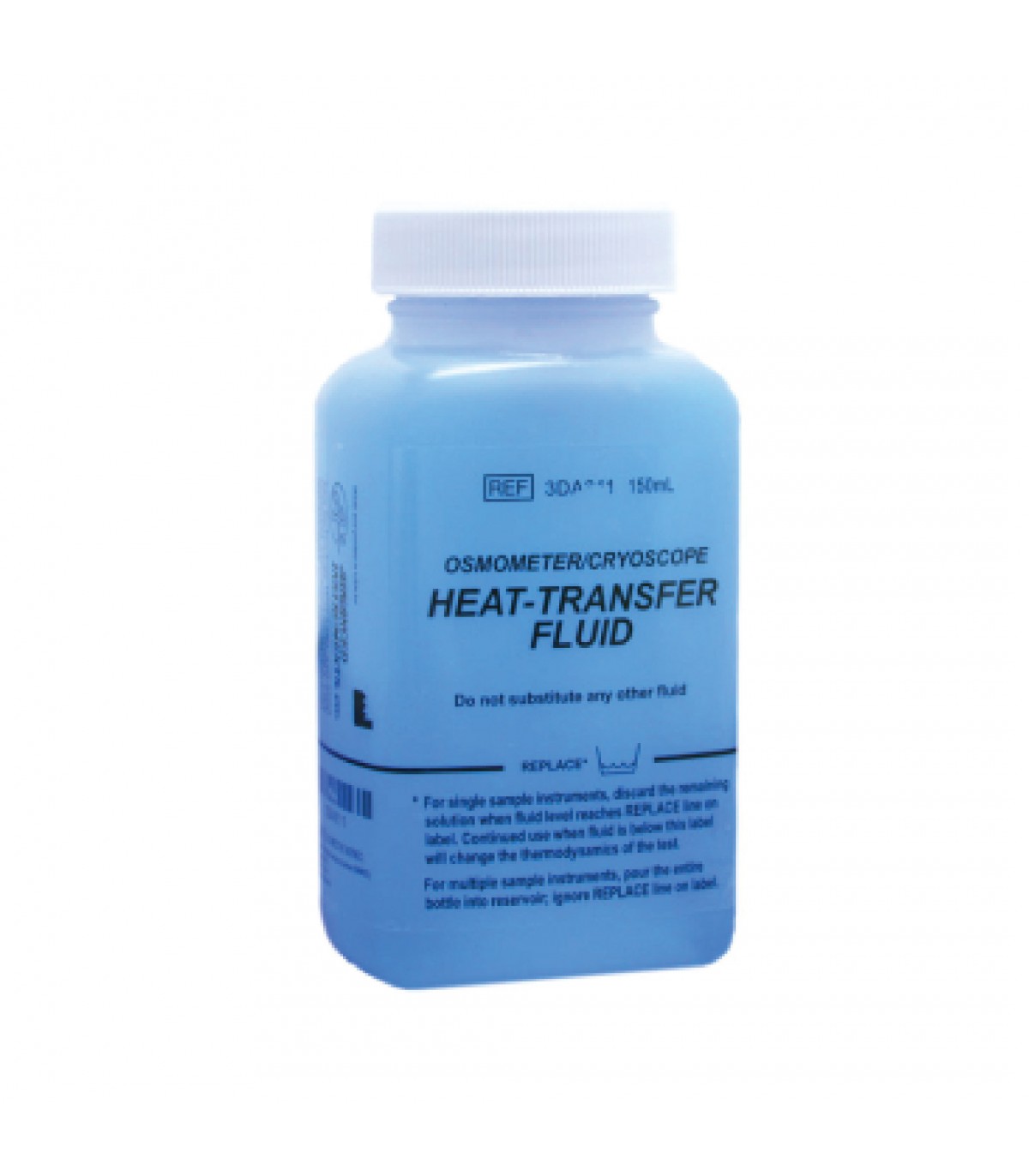Heat Transfer Fluid: Vital for Optimizing Industrial Cooling And Heating Equipments
Heat Transfer Fluid: Vital for Optimizing Industrial Cooling And Heating Equipments
Blog Article
Just How Heat Transfer Liquid Adds To Lasting and Cost-Effective Operations
In the modern-day industrial landscape, the role of warm transfer fluids (HTFs) in advertising lasting and cost-effective procedures can not be overemphasized. These liquids are crucial in enhancing thermal monitoring systems, consequently considerably improving power efficiency and decreasing operational costs. The environmental advantages of innovative HTFs, with their high thermal stability and low toxicity, are undeniable. They not only prolong system longevity however additionally contribute to the decrease of unsafe emissions. Yet, real possibility of HTFs is understood through the precise selection procedure, making certain compatibility and safety and security. Yet what factors should direct this important selection?
Recognizing Warmth Transfer Fluids
In the world of thermal monitoring, heat transfer fluids (HTFs) serve as important representatives for moving thermal power from one place to another. These liquids play a critical duty in different commercial applications, including chemical handling, power generation, and Cooling and heating systems.
The make-up of warm transfer fluids can differ significantly, consisting of options such as mineral oils, synthetic oils, glycols, and molten salts. Each kind provides distinct benefits, such as boosted thermal stability, low viscosity, and high boiling factors, which are chosen based on particular functional needs. The selection of HTF effects not only the performance of warm transfer however likewise the durability and safety and security of the system in which it is utilized.
As industries continue to introduce, the growth of innovative HTFs, identified by their boosted thermal conductivity and reduced environmental effect, is important for satisfying the demands of modern-day thermal management challenges.

Enhancing Power Efficiency

Improving energy efficiency has actually come to be a vital worry across various sectors, motivating a better exam of heat transfer fluids' function in enhancing thermal administration systems. These liquids are integral to keeping the wanted temperature level in processes, thereby minimizing energy waste and enhancing overall system effectiveness. By selecting a proper warm transfer liquid, industries can considerably boost their power efficiency, causing decreased energy consumption.

Advanced formulations of warm transfer fluids have been developed to withstand severe temperature levels while keeping security and efficiency. Boosting energy efficiency with optimal warm transfer liquid option is not only a browse around these guys technological need yet likewise an ecological essential.
Lowering Operational Prices
Operational costs are a considerable consideration for sectors looking for to keep affordable advantage, and the option of warmth transfer liquid plays a vital function in cost monitoring. Picking a proper heat my response transfer liquid can cause substantial expense financial savings by boosting system performance and lowering energy usage. High-performance fluids lessen thermal destruction, which consequently reduces the regularity of fluid substitute and downtime connected with upkeep, thus reducing functional expenditures.
In addition, warm transfer fluids with superior thermal security and deterioration resistance expand the lifespan of equipment. This minimizes the need for constant repair services and replacements, which can be costly and disruptive to procedures. By purchasing top notch liquids, markets can attain long-term reductions in maintenance costs and enhance the dependability of their systems.
In addition, advanced warm transfer fluids commonly show lower thickness at operating temperature levels, which enhances pump efficiency and lowers energy usage in liquid flow. Lots of contemporary warm transfer fluids are engineered to run properly over a wide temperature range, reducing the requirement for numerous liquid types, consequently simplifying stock demands and lowering connected prices.
Environmental Influence Decrease
The press in the direction of decreasing ecological effect has actually obtained energy in markets leveraging heat transfer fluids. Heat transfer liquids (HTFs) play an important function in this transition, supplying possibilities to improve energy performance and reduce discharges - heat transfer fluid.
Moreover, the use of innovative heat transfer fluids adds to enhanced system effectiveness, decreasing the total energy intake. This decrease not only leads to cost savings yet additionally reduces co2 exhausts, helping in the fight versus environment modification. Liquids that are biodegradable and recyclable better boost sustainability initiatives, as they reduce waste and promote circular economic climate methods.
Furthermore, including special info HTFs right into closed-loop systems stops fluid loss and contamination of the surrounding setting. This approach guarantees that liquids are reused, lowering the demand for new sources and restricting waste generation. By embracing these eco mindful methods, industries can dramatically lessen their ecological impact while preserving high operational efficiency, straightening with worldwide sustainability goals and regulatory requirements.
Choosing the Right HTF
Selecting the proper warm transfer liquid (HTF) is a crucial step in advancing ecological sustainability within industrial procedures - heat transfer fluid. An excellent HTF needs to possess a high thermal capacity, reduced viscosity, and high thermal conductivity to make sure effective warm transfer.
When picking an HTF, it is necessary to consider its compatibility with system products to stay clear of rust and chain reaction. This makes certain longevity and decreases maintenance costs. Additionally, the fluid ought to be safe and naturally degradable, lessening its ecological footprint and making certain compliance with environmental guidelines. The lifecycle price of the HTF, encompassing purchase, operation, and disposal, should additionally be evaluated to make sure economic usefulness.
Conclusion
Report this page